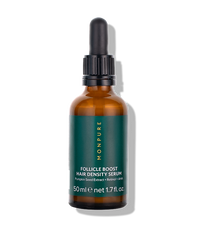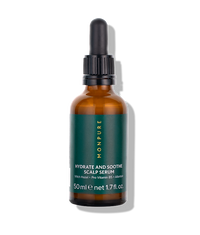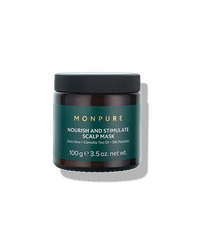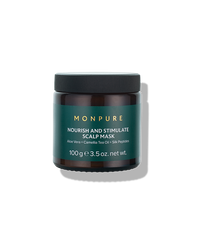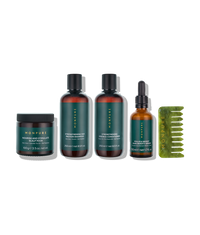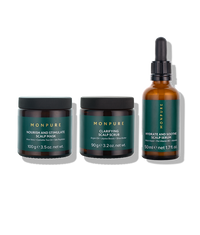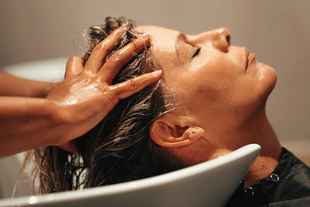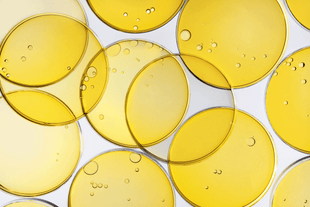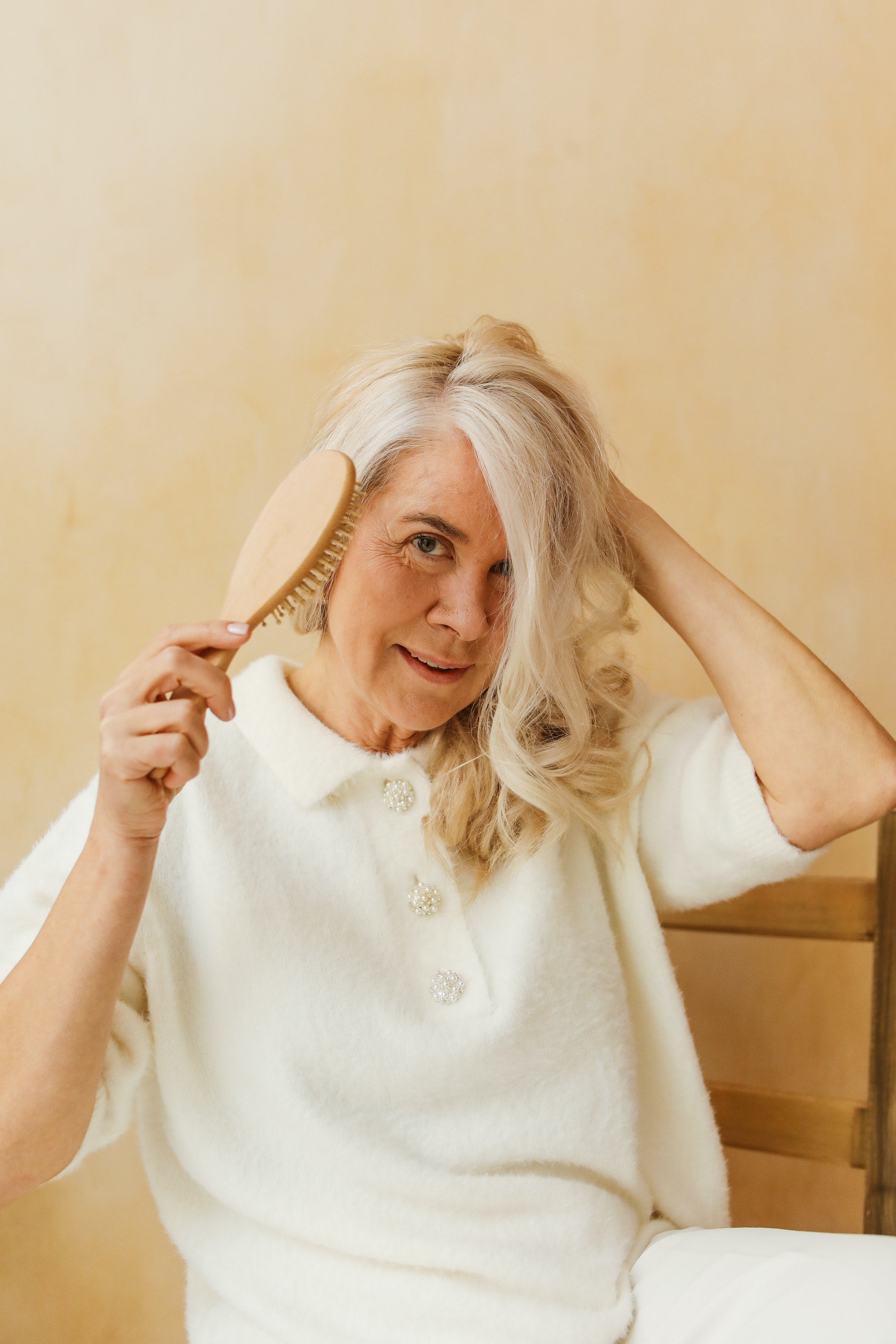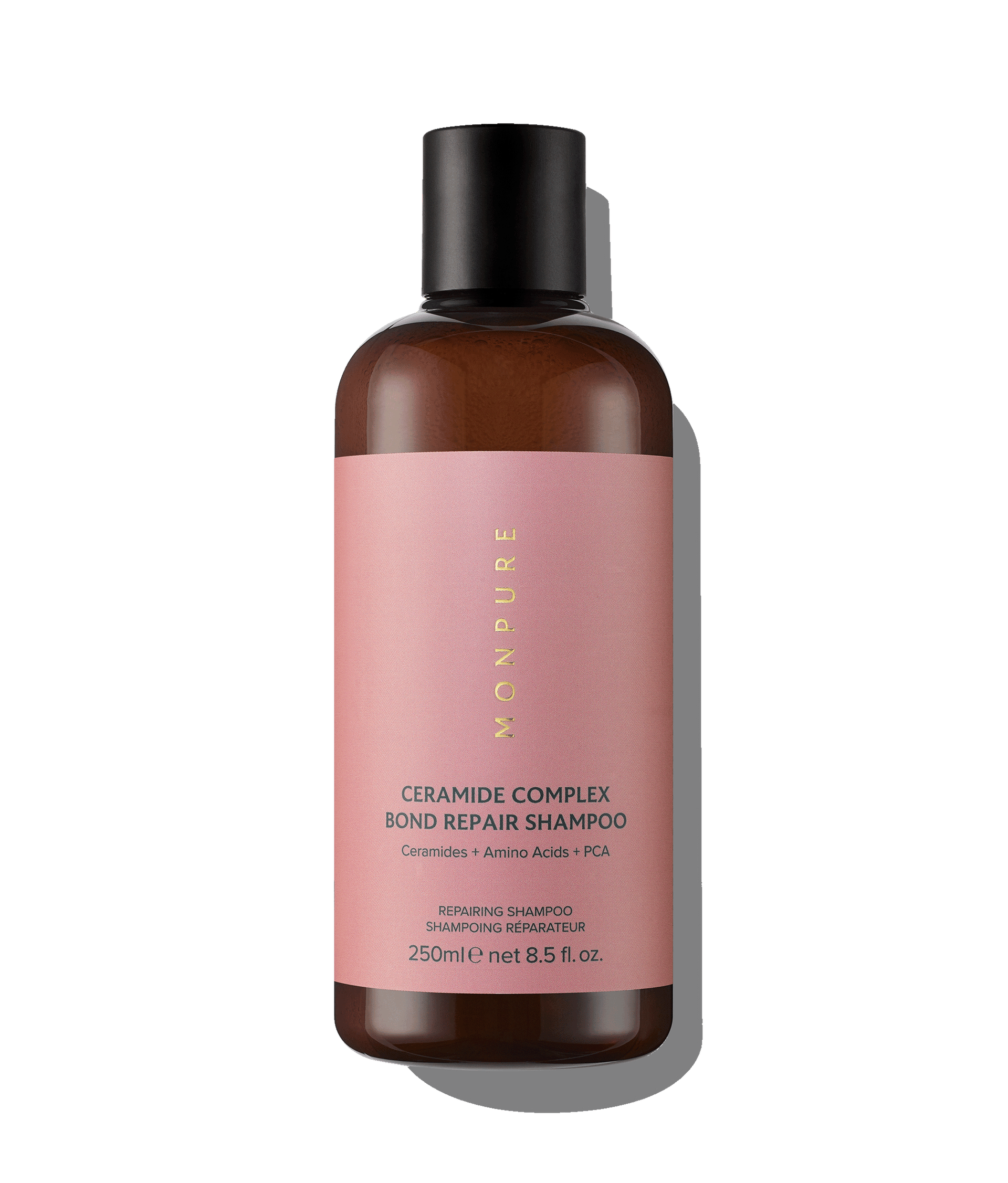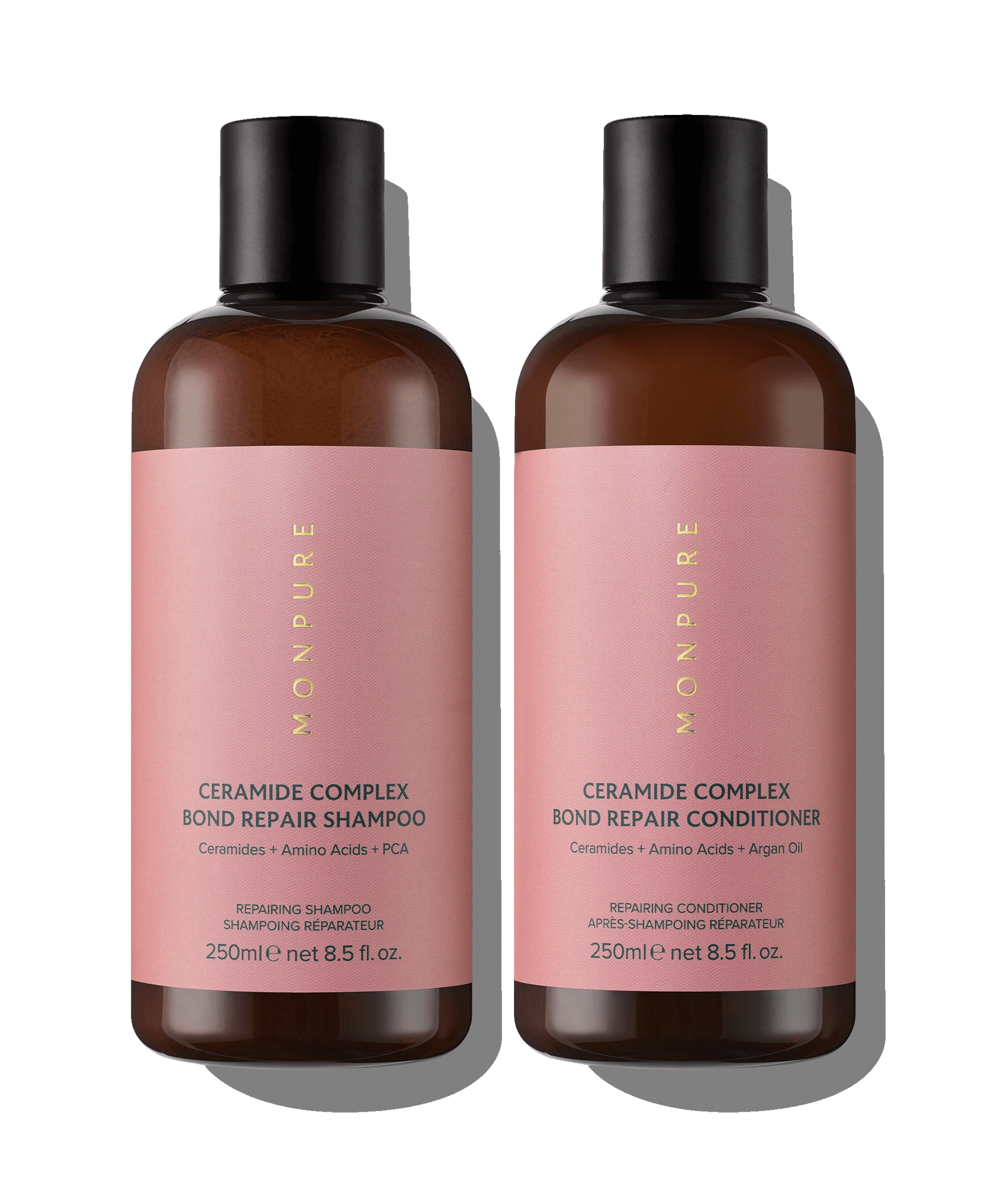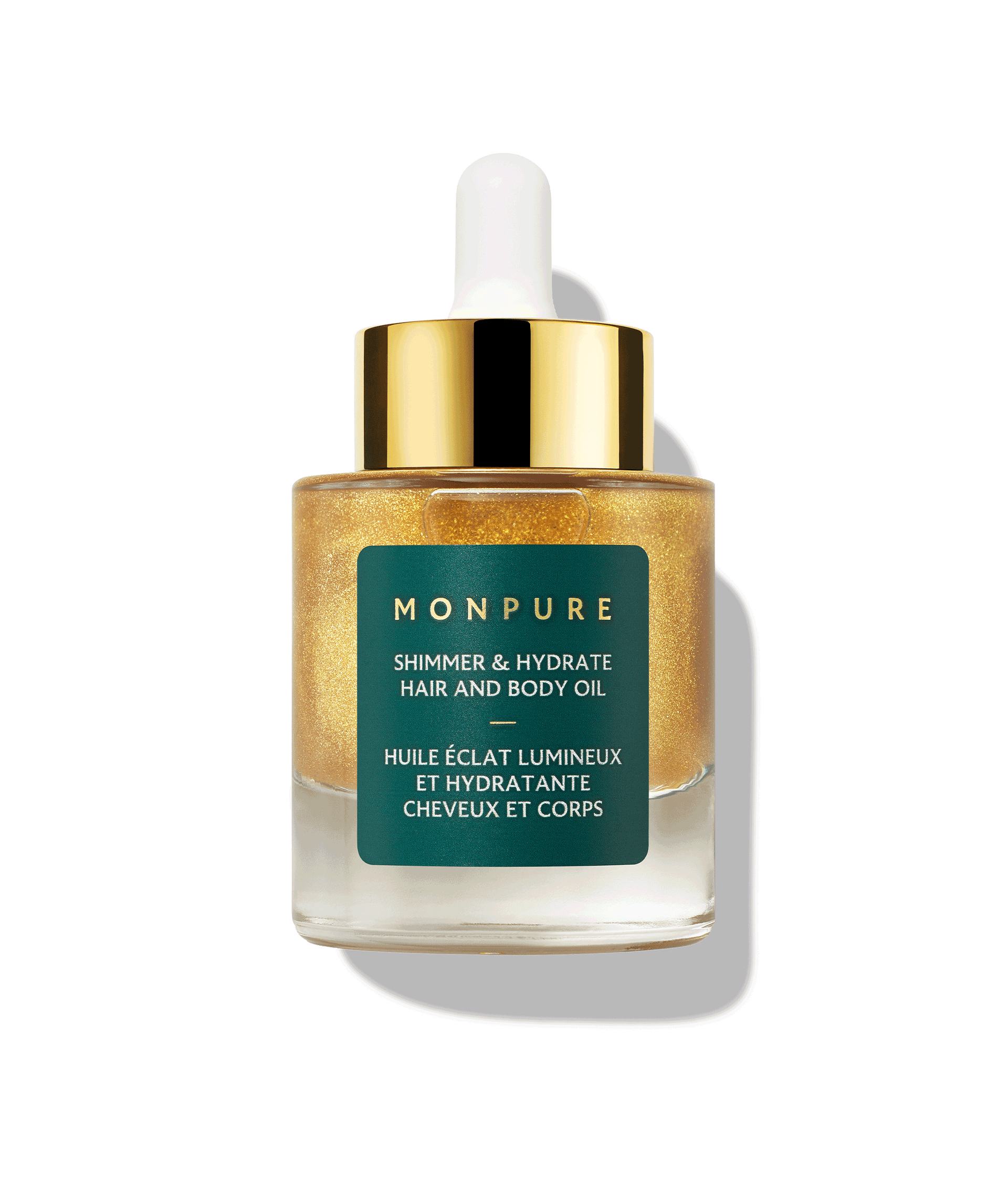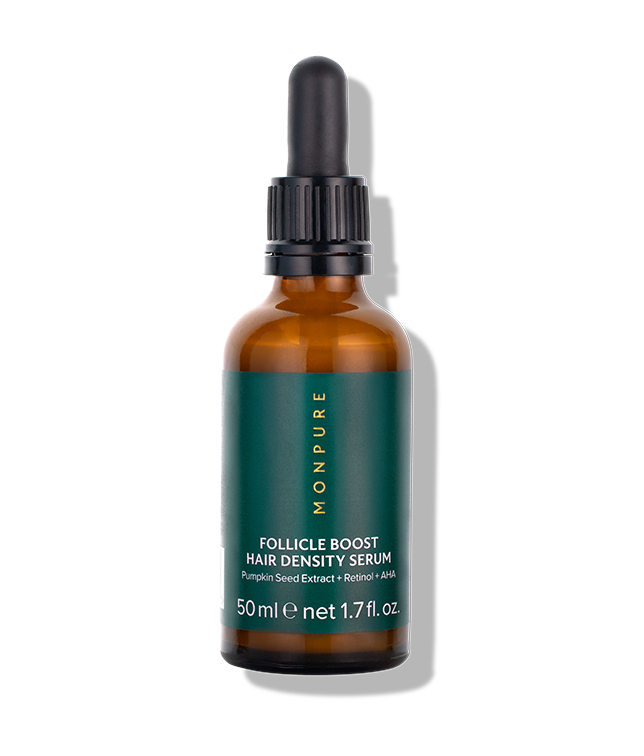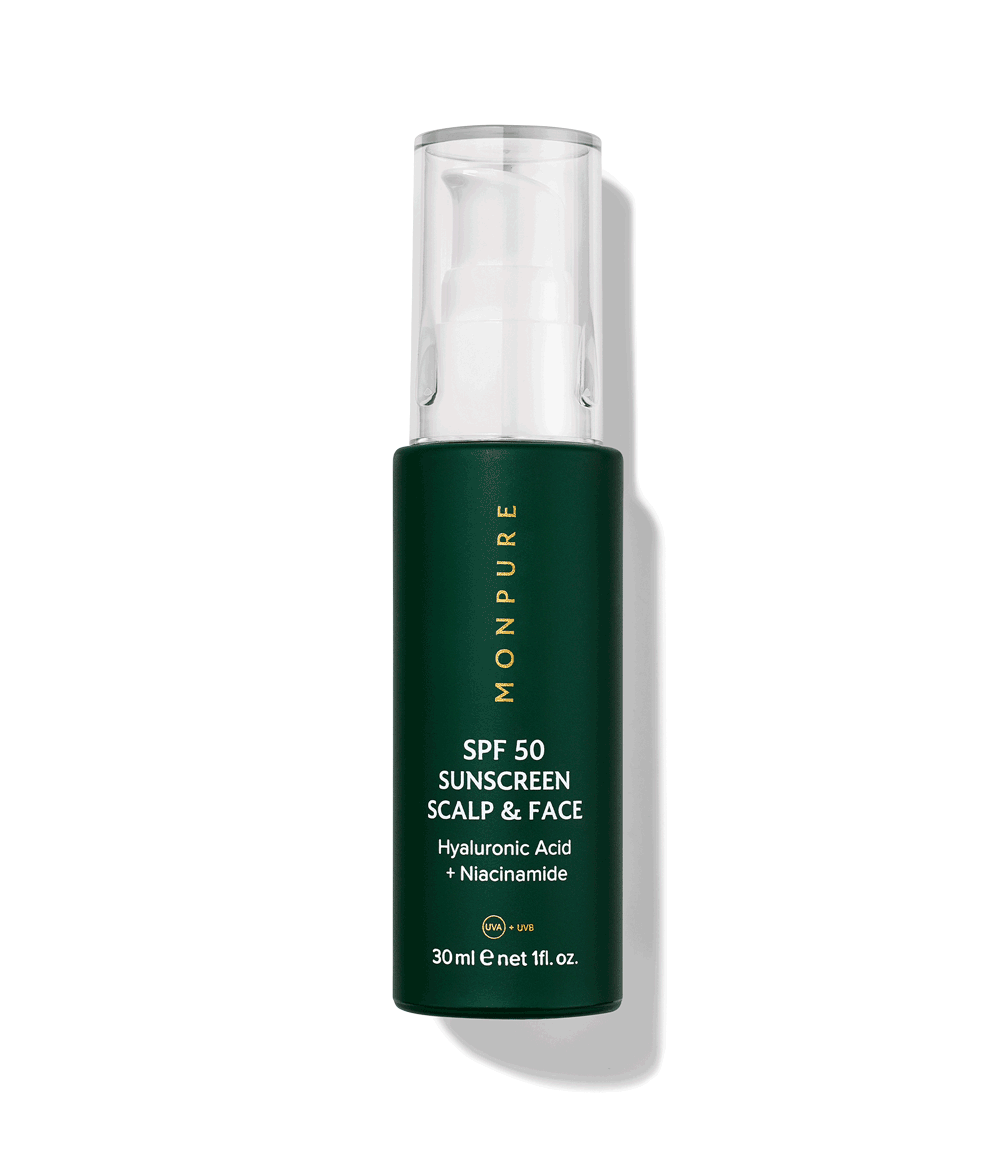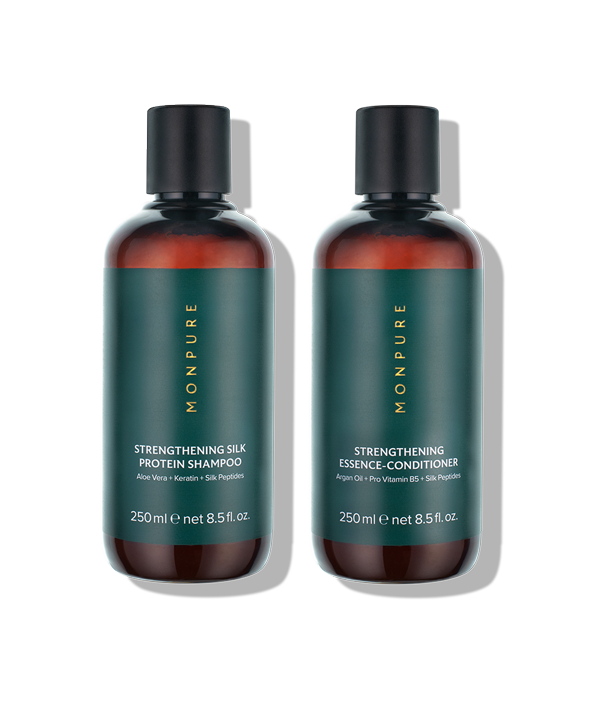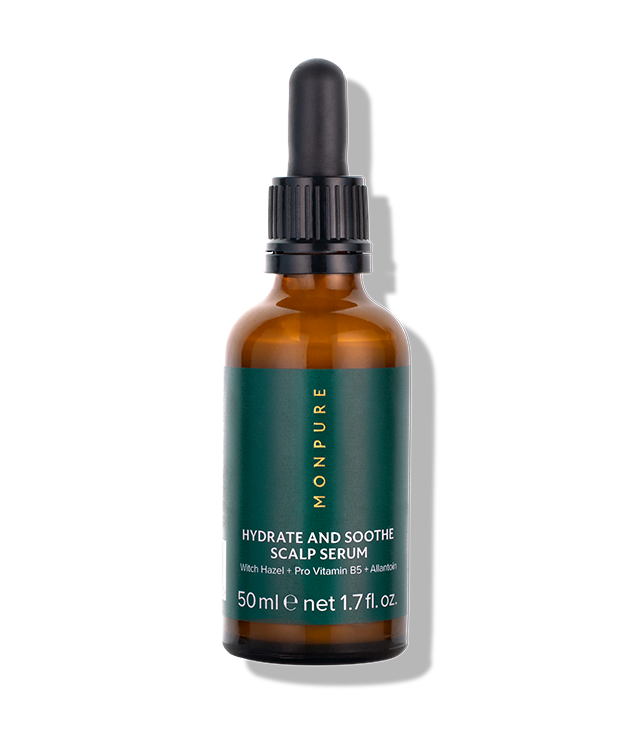Are you experiencing hormonal hair loss?
If your scalp is in need of daily washing, your hair is beginning to thin or you’re even noticing a sudden boost in hair fullness, you could point the finger at the hormones that are circulating in your body. The relationship between hair and hormones starts as we are born and continues through every stage of life. From hair-loss-causing androgens such as DHT to hair-boosting oestrogen, hormones play one of the most vital roles in our hair and scalp health.
The hair growth cycle and the hair follicle structure are directly affected by the hormones that travel through our bloodstreams. But what exactly are hormones? Hormones are released and regulated by the body’s endocrine system that is made up of specific organs, glands and tissues.
Hormones are the body’s chemical messengers that travel through the bloodstream to coordinate various functions. Fluctuations in sex hormones (hormones that play a role in sexual development and reproduction), stress hormones and thyroid hormones all have various effects on the hair and scalp, and are often the culprits of sudden disruptions in the health of this delicate microbiome.
The Hormone-Hair Connection
DHT and hair thinning
Dihydrotestosterone or DHT is a male sex hormone (A.K.A androgen) that is a more potent form of testosterone. DHT is produced from testosterone by an enzyme called 5-alpha reductase, which converts a certain percentage of the body’s testosterone into DHT to contribute toward certain functions, including maintaining body hair and muscle mass.
When it comes to the hair on our head, however, DHT has the opposite effect. When DHT is flowing through the bloodstream, it can link to receptors on the hair follicles in the scalp, causing them to shrink and become less capable of supporting a healthy head of hair. Specifically, DHT affects the hair by shortening the anagen (growth) phase of the hair growth cycle, while also lengthening the time between the telogen (resting) and new anagen (growth) phase. DHT is primarily responsible for follicular miniaturisation, in which the hair follicle shrinks, producing a shorter and thinner hair shaft.
During follicular miniaturisation, hair follicles that were once producing healthy hairs start to generate thinner hairs with more fragile shafts. As women reach menopausal age, oestrogen and progesterone decrease, while the presence of DHT increases in comparison. As a result, many women will experience increased shedding, delayed new hair growth and finer, thinner hair. Over time, hair becomes more brittle, fragile and thin, as well as more sparse in density.
Along with hair thinning, DHT also significantly affects the health of the scalp. DHT directly triggers the sebaceous glands that exist at the base of the hair follicle, causing them to overproduce sebum. In fact, research suggests that DHT is the principal androgen that mediaties sebum production.
Overproduction of sebum leads to follicle blockages, inflammation and build-up, which in turn, can lead to increased hair thinning or shedding. Sebum is a carrier of DHT, so a build-up of sebum also exacerbates the amount of DHT on the scalp, contributing to further thinning and hormonal fluctuations on the scalp-skin.
Get to the root of hormonal hair thinning with the Follicle Boost Hair Density Serum. This daily serum blocks the production of DHT, inhibiting hair thinning at the source. This hair growth elixir works to minimise thinning, stimulate the growth of new follicles and cultivate a healthy hair-growth environment. For women with fine or thinning hair, it boosts fine locks to their optimum potential and is certainly a key component of any thin and fine-haired regime.
The Strengthening Essence-Conditioner, inspired by K-beauty regimes, resembles a skincare essence with its lightweight texture. It is perfect for fine or thinning hair types, as it is meant to be enjoyed by both the scalp and lengths, without any worry of greasy consequences. The conditioner, coupled with the Strengthening Silk Protein Shampoo, fortified with vegan silk peptides, is scientifically proven to repair, protect and rebuild frail and fragile strands, which is often an unfortunate reality for those experiencing hair thinning or finer hair with age.
Oestrogen and hair growth
Oestrogen is one of the key female sex hormones that is made within the ovaries, and works to power the menstrual cycle and the development of secondary sexual characteristics. In terms of the hair and scalp, research has shown that oestrogen aids hair growth by extending the anagen (growth) phase of the hair growth cycle.
Oestrogen also moderates the production and metabolism of androgen hormones, which are the hormonal culprits of hair thinning conditions. Circulating oestrogen will therefore accelerate hair growth and contribute to softer, thicker and healthier hair growth. This is why many women notice increased hair thickness during pregnancy when oestrogen is at an all-time high, as well as the dreaded postpartum hair loss after giving birth. During pregnancy, heightened oestrogen levels prolong the anagen (growth) phase, leading to less shedding and thicker strands.
After delivery the sudden decline in oestrogen leads many women to experience increased amounts of hair loss - as all the hairs that remained in the prolonged anagen (growth) phase transition into the catagen phase. At the time, hair loss appears abundant but only represents the elimination of the additional hairs that had been maintained in the anagen phase during pregnancy when oestrogen was soaring.
Luckily, postpartum hair loss as a result of oestrogen decline is very common and only temporary. Most women start regaining their normal hair growth by their child’s first birthday, but many find that their hair growth bounces back even sooner than that.
Oestrogen also promotes water retention and plumpness in the skin. Therefore, when it declines during menopause or postpartum, the scalp can become dryer, more irritated or inflamed. The decrease in oestrogen during menopause can lead to increased sensitivity to dryness which can aggravate scalps that are already prone to conditions such as psoriasis and eczema. Overall, dryer skin, a compromised skin-barrier on the scalp and a reduction in moisture retention can lead to flaking, itching and irritation on the scalp, all of which can exacerbate hair loss or hair thinning.
In the face of a dry or irritated scalp caused by fluctuating formones, the Clarifying Scalp Scrub works to lift and exfoliate dead skin cells, flakes and debris while improving scalp health. The Hydrate and Soothe Scalp Serum is the perfect antidote to dry, inflamed or itchy scalps, working to alleviate redness, soothe the scalp and retain moisture like a sponge.
Progesterone and hair growth
Alongside oestrogen, progesterone is one of the most important female sex hormones involved in the menstrual cycle and pregnancy, and is released by the ovaries. Progesterone levels directly affect the hair and scalp in a variety of ways. Progesterone is a natural hair loss inhibitor as it decreases the conversion of testosterone to DHT by blocking the activity of the enzyme called 5-alpha reductase.
Therefore, lowered progesterone during menopause, postpartum or among those with PCOS (Polycystic Ovarian Syndrome), allows hair-loss-triggering DHT to be produced rapidly and freely, bringing out further hair thinning and shedding.
In women with PCOS, for example, a lack of regular ovulation leads to low progesterone levels and elevated androgen levels. As progesterone is a natural androgen blocker and protects the hair follicle from the effects of DHT, women with PCOS cannot effectively inhibit the effects of the heightened androgens and can experience hormonal hair thinning.
Cortisol and hair loss
Produced in the adrenal glands, cortisol is your body’s in-built alarm system and is your system’s primary stress hormone. Stress is the body’s natural defence against threat or danger, which causes the blood stream to flood with cortisol that activates the body’s fight-or-flight mechanism.
Cortisol also helps limit other bodily functions that aren’t essential to survival. Once the threat passes, hormones return to their usual levels. However, if you are under constant stress, long-term exposure to stress hormones can wreak havoc on many of the body’s processes, including the hair growth cycle.
Research has shown that increased cortisol levels, produced by periods of stress, inhibit hair regrowth. For example, exposure to stress hormones over many weeks reduces hair growth as hair follicles remain in an extended telogen (resting) phase and do not transition into the next anagen (growth) phase. Cortisol also prevents the dermal papilla (a cluster of specialised cells that reside at the base of the hair follicle) from secreting a key molecule that activates hair follicle stem cells.
Studies have shown that inhibiting cortisol production leads to more rapid hair regrowth and that hair follicle regeneration doesn’t slow with age. Instead, hair follicle stem cells continue to enter the anagen (growth) phase and regenerate hair follicles throughout the lifespan.
The primary form of cortisol-induced hair loss is called Telogen Effluvium, and refers to a sudden onset of hair loss that is usually triggered by stress, trauma or serious illness. It results in an excessive amount of hair loss in which up to 70% of anagen hairs can abruptly shift into the telogen phase (versus the normal 15% that elicits shedding before a new anagen phase).
This form of stress-related hair loss is mostly ‘reversible’ and temporary, and hair should return to its pre-effluvium density if you manage your stress and bring it under control. It can take less than 6 months for the shedding to stop, while new hair growth can begin in a matter of months.
Thyroid and hair loss
Thyroid hormones control the body’s metabolism, the process in which your body converts food into energy. The two primary hormones released by the thyroid gland are called thyroxine (T4) and triiodothyronine (T3). When these hormones are disrupted due to thyroid conditions, the development of the hair follicle can come disrupted. Hypothyroidism refers to an underactive thyroid, while hyperthyroidism refers to an overactive thyroid.
Hypothyroidism is associated with telogen effluvium, along with the appearance of dry, brittle and dull hair strands. Hyperthyroidism can lead to thinning of the hair shaft diameter as well as brittle, greasy hair. People with overactive thyroids can also experience a loss of tensile strength in their hair, as well as premature greying.
The good news is that hair loss and a decline in hair health by thyroid conditions is usually temporary. With treatment, hair growth may be noticeable within several months.
How to stop hormonal hair loss
MONPURE’s innovative Follicle Boost Hair Density Serum targets hair thinning at the source by inhibiting the production of DHT. The hair growth booster’s star ingredient, pumpkin seed extract, has been scientifically proven to block the activity of the 5-alpha reductase enzyme which produces DHT from testosterone. As DHT is the primary cause of hormonal hair thinning, inhibiting this process targets the condition as the source. Pumpkin seed extract also stimulates follicles and delivers nutrients to the scalp.
Recent research has demonstrated that topical pumpkin seed oil improved hair growth by 40% over the course of 24 weeks.
The Follicle Boost Hair Density Serum initially targets the catagen (transition) and telogen (resting) phases of the hair growth cycle, working to minimise excess shedding. Then, it boosts the growth of new follicles leaving the telogen phase and entering into a new cycle of the anagen phase.
The hair growth elixir also contains follicle-feeding ingredients such as rosemary oil, castor oil and coffee arabica extract, as well as exfoliating retinol and lactic acid that work to improve cell turnover, decongest follicles and prime the scalp for optimal absorption of the serum’s other hair-growth-boosting ingredients.

